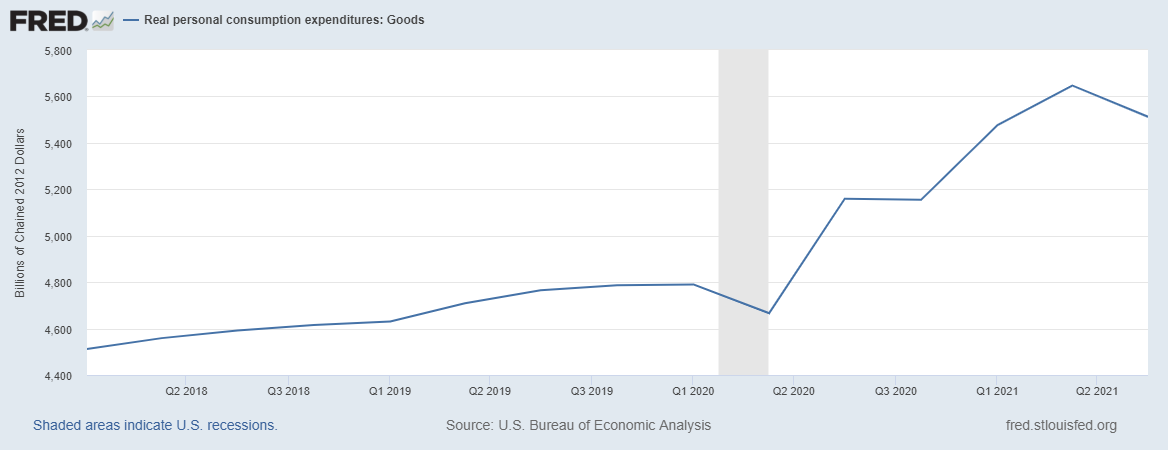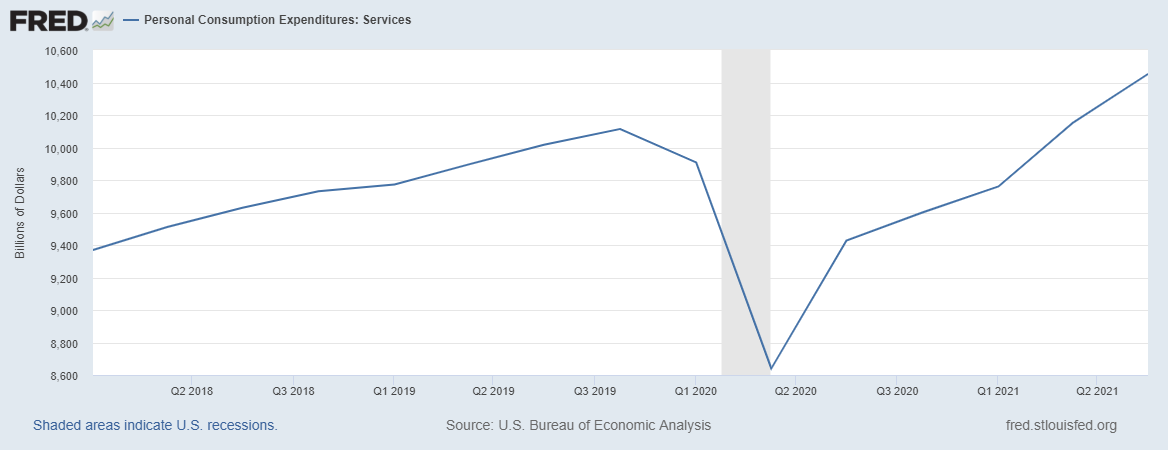Dedicated trucking booming as shippers flee spot market rates to lock in long-term commitments
Shippers are turning to trucking carriers that provide dedicated contract services due to ongoing capacity constraints and high spot market rates. Compared to traditional over-the-road irregular contract lanes, dedicated solutions provide predictable rates and are negotiated every three to five years with assets guaranteed per customer or location. A recent Armstrong Report notes dedicated contract carriage revenue topped $20 billion in 2020 in spite of lower-than-anticipated growth from COVID impacting volumes in 2019-2020.
Large trucking companies normally have a mix of dedicated and over-the-road drivers, with the percentages changing based on the economy and rates. Tim Denoyer, a senior analyst at ACT Research, said, “Freight volumes also remain capacity-constrained, as shown by the armada of containerships at anchor off North American ports.” Current trends indicate many carriers are increasing their dedicated mix due to rate volatility and market uncertainty. Additionally, equipment and driver shortages force many private fleets to partner with carriers to cover excess shipments or surges.
Additionally, from a driver recruiting and retention perspective, dedicated drivers are home weekly, with carriers creating blogs to encourage OTR drivers to assist with temporary dedicated surges. Turnover rates for dedicated drivers at Transport America are 15% compared to 75% for traditional OTR drivers. With a lower turnover rate and attractive work-life balance, dedicated lanes are a great way to keep at-risk OTR drivers, and save recurring and rehiring costs for new drivers, which can run upward of $5,000 per driver.
Digital brokerages and 3PLs are now working to expand dedicated lane offerings to carriers that are too small or lack visibility into a customer’s supply chain.
Examples of dedicated as a percentage of total business:
- Werner, 60% dedicated.
- U.S. Xpress, 40%.
- Roehl Transport, 60%.
- Transport America, 40%.
Location, location, location: The battle to find sustainable truck parking solutions
Many drivers know that finding and securing parking is a stressful and time-consuming experience. Due to COVID restrictions, customer parking, restrooms and facility access to drivers have been significantly limited, forcing drivers to get creative with parking if they are not allowed to shut down on-site. Drivers have resorted to mobile apps and software such as Trucker Path to find truck-friendly retailers. For example, locations such as Walmart vary in truck parking policy by state and location, spurring the creation of truck-friendly databases to assist drivers trying to stop for the night.
Traditionally, parking may vary by customer and commodity, with distribution centers being less truck-friendly compared to parking at a store for an outbound delivery. Finding a solution at a fleetwide level can prove costly, as average daily reservation rates can range from $12-18 per parking location — around $84-$126 if an OTR driver is out seven days. Additionally, while TA/Petro and Pilot Flying J offer reserved parking programs, Love’s Travel Stops are still first come, first served. Coyote Logistics, a digital freight broker, offered truck parking reservations within the CoyoteGo Platform through an integration with TruckPark, which represents a potential winning strategy to get carriers on their platform.
In my experience, truck parking is an often overlooked and undervalued perk that can make the day-to-day lives of drivers easier and less stressful, knowing that a reserved parking space awaits them after they complete their day. These perks also allow drivers to accrue rewards such as free showers and laundry access depending on their fuel card or rewards program. With driver hiring and onboarding costs around $4,000-5,000, any investment in quality-of-life programs like free or reimbursed truck parking can help fleets retain a competitive edge in the current battle to hire and retain experienced drivers.
Market Update: US consumer spending at record levels


https://fred.stlouisfed.org/graph/fredgraph.png?g=IslO (Goods)
https://fred.stlouisfed.org/graph/?g=IslN (Services)
U.S. consumer spending remains elevated and supply chain pressure continues due to increased consumer demand for goods.
The Routing Guide: Links from around the web
Half a million miles and lightly used Truck price growth outpacing trucking rate growth (FreightWaves)
Global Supply Chain Apocalypse: Great background on current challenges of getting everything from sofas to milkshakes with the current supply chain disruptions. (Sahil Bloom, Substack)
Dude, Where’s My Stuff?: Insights into global supply chain shipping cost discrepancies (JP Morgan)
Two great twitter threads on current conditions at the Port of LA
- Nathan Strang (Twitter)
- Ryan Petersen, CEO of Flexport (Twitter)
The doctor is in, evaluating the financial health of trucking companies (TransportDive)







